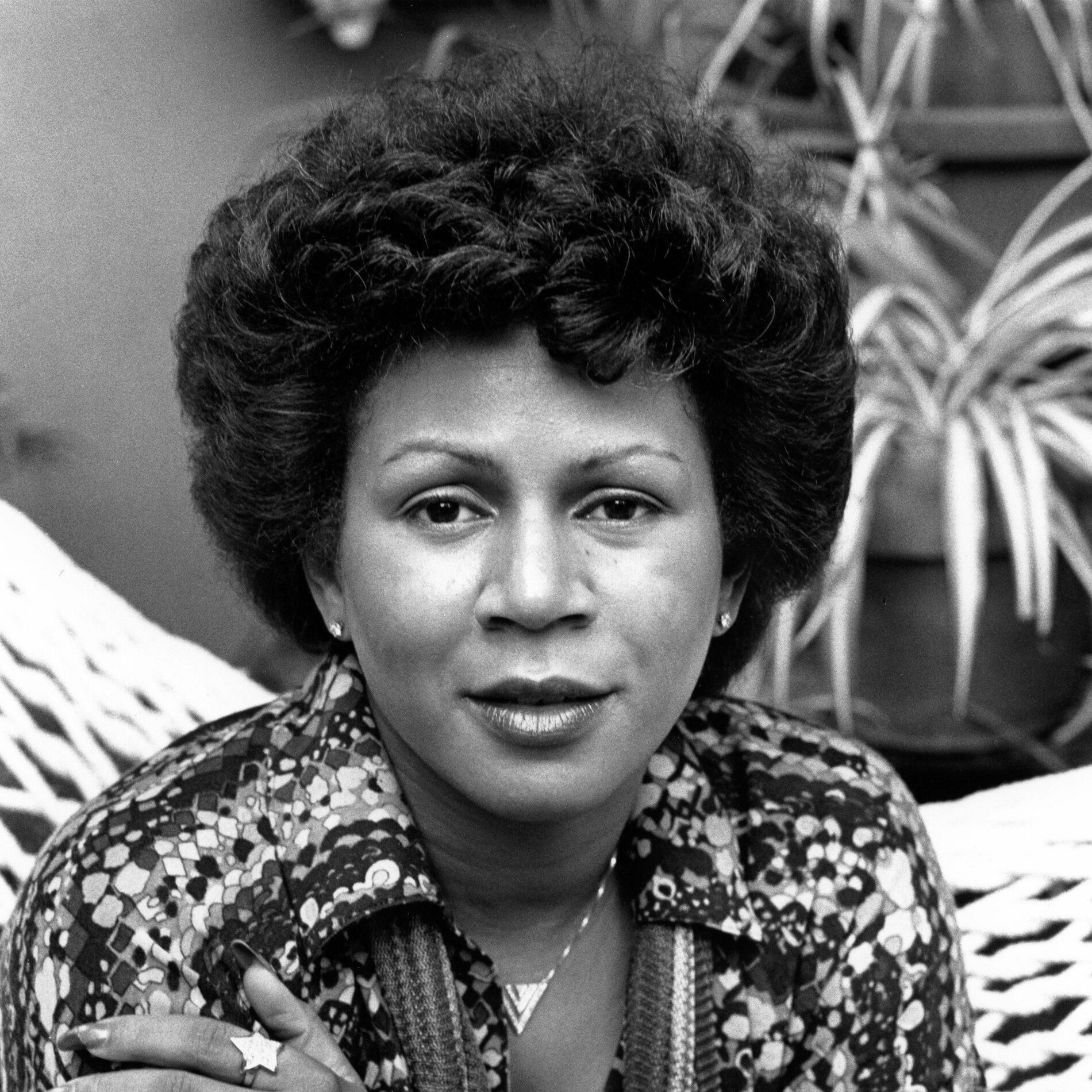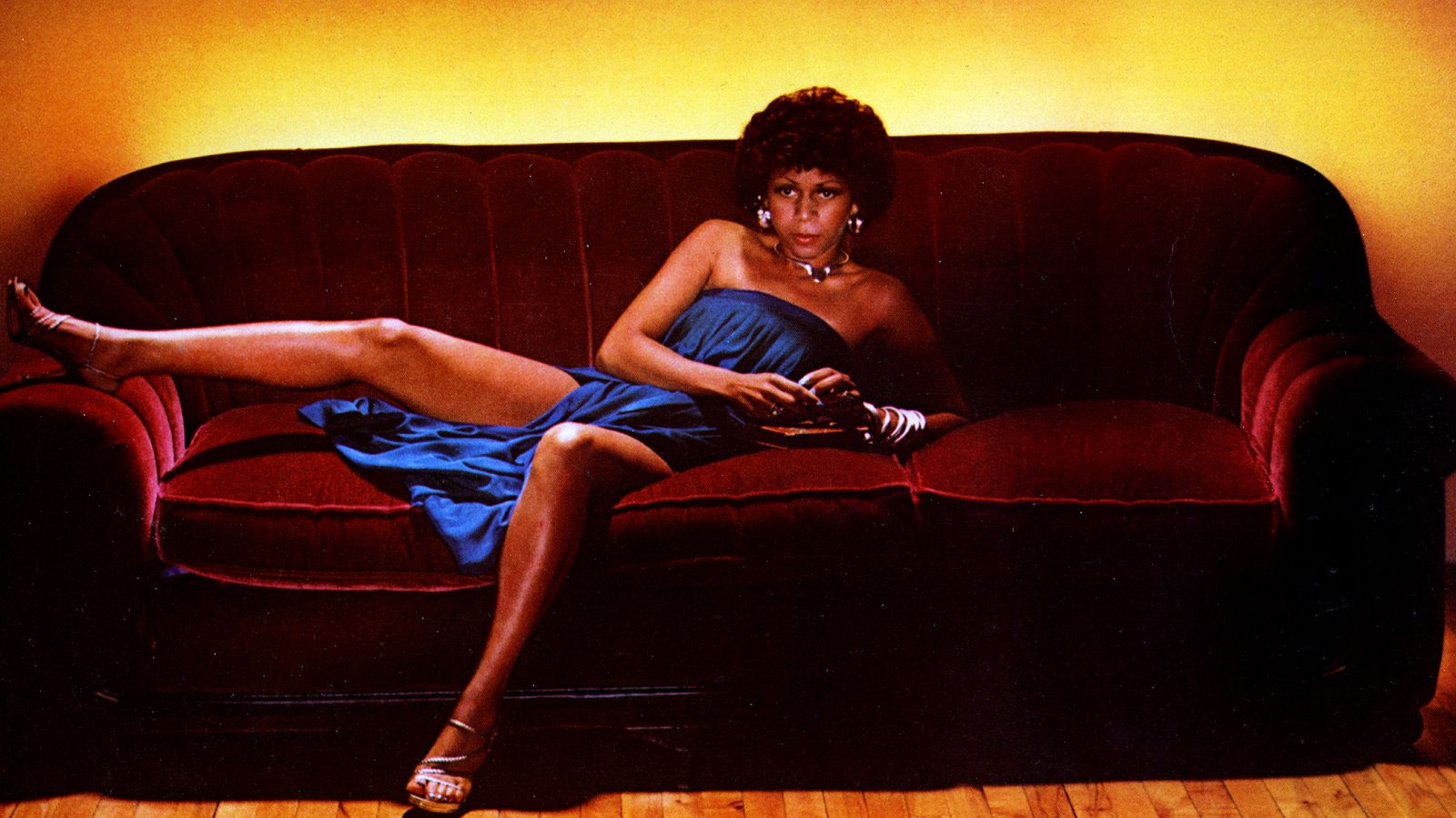
Minnie Riperton was more than a singer — she was a musical phenomenon whose voice captivated the world. Best known for her 1975 chart-topping single “Lovin’ You,” Riperton left an indelible mark on soul and R&B music with her remarkable vocal range, emotive performances, and pioneering artistry.

Early Life and Musical Roots
Born on November 8, 1947, in Chicago, Illinois, Minnie Julia Riperton was the youngest of eight children. Her musical talents were evident from an early age. Encouraged by her parents, she studied music, drama, and dance at Chicago’s Lincoln Center. She received classical vocal training at the Chicago Musical College of Roosevelt University, preparing initially for an operatic career before being drawn into the soul and pop scenes.
Breakthrough and Musical Journey
Riperton began her music career as a backing vocalist for Chess Records in the 1960s. She sang backup for artists like Etta James, Bo Diddley, and Fontella Bass. She then joined the psychedelic soul group Rotary Connection, a band produced by Charles Stepney and Marshall Chess, where her distinctive voice started gaining attention.
In 1970, Riperton released her debut solo album Come to My Garden, produced by Charles Stepney. While not commercially successful at the time, the album would later be recognized as a cult classic, showcasing her angelic soprano and nuanced songwriting.
Her breakthrough came in 1974 with the album Perfect Angel, produced by her husband Richard Rudolph and legendary musician Stevie Wonder (credited as “El Toro Negro”). The album included “Lovin’ You,” a lullaby written for her daughter Maya Rudolph, which became a #1 hit on the Billboard Hot 100 in 1975. The song was notable for Riperton’s effortless use of the whistle register, a vocal feat that set her apart from her contemporaries.
A Unique Vocal Instrument
Minnie Riperton possessed a five-octave vocal range, with her whistle register becoming her signature. Few artists before or since have mastered this range with such control and musicality. Her voice was both powerful and intimate, capable of conveying complex emotion with clarity and grace.
Personal Life and Legacy
In 1976, Riperton was diagnosed with breast cancer and underwent a mastectomy. Despite the diagnosis, she continued to perform and record music, becoming one of the first celebrities to publicly speak about breast cancer. She served as a national spokesperson for the American Cancer Society, bringing attention to early detection and women’s health.
Riperton passed away on July 12, 1979, at just 31 years old. Her death was a devastating loss to the music world, but her influence endured. She is remembered not only for her exceptional talent but also for her grace, strength, and trailblazing advocacy.

Influence and Recognition
Minnie Riperton’s influence can be heard in the work of artists such as Mariah Carey, Alicia Keys, and Ariana Grande, who have cited her as an inspiration. Her daughter, Maya Rudolph, has become a celebrated actress and comedian, often honoring her mother’s legacy through her work.
In 2022, Riperton was posthumously honored with the Rhythm & Blues Hall of Fame Lifetime Achievement Award, cementing her place among the greats of American music.
Minnie Riperton’s artistry was defined by elegance, innovation, and emotional depth. Though her time was brief, her voice continues to resonate across generations. Her songs remain a testament to the beauty of expression and the enduring power of soul.
[…] © SoulDisco […]